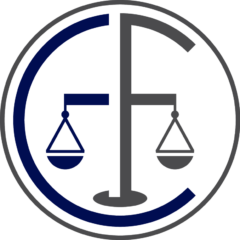In December the Department of Justice issued a memorandum to all federal prosecutors entitled “Additional Department Policies Regarding Charging, Pleas, and Sentencing in Drug Cases.” Generally speaking the memorandum encourages prosecutors to exercise discretion and restraint in applying some of the more draconian tools available under federal law, such as mandatory minimums, 851 enhancements, and advocating for Career Offender guidelines.
On the whole, the memorandum has been greeted favorably by the criminal defense community. But in reality, the memorandum is weak-sauce. It relies upon the kind of language that is easy to escape in any particular case where a prosecutor can differentiate a case from the the set of cases that would be entitled to relief under the memo.
Furthermore, because the memorandum is merely internal policy guidance, while defense lawyers can appeal to the memo for relief, in reality in court the memorandum will have little effect on judges who are not bound by DOJ policy in determining appropriate sentence. And, generally speaking, thank God federal judges are not bound by DOJ policy because DOJ policy has often been far more punitive than what federal judges would otherwise impose.
The problem is multi-fold. In the Eastern District of North Carolina, a guns and drugs district, often the most serious crimes federal judges encounter are large scale drug trafficking crimes. And while, in a certain sense, these are serious and while they can include violence, they are not murders, rapes, or other violent crime. Nor are the economically destructive crimes such as large scale corporate malfeasance.
As a consequence, it is not uncommon for federal judges to mete out punishments in the decades for drug crimes, punishments that far exceed what a person might receive in a murder case in state court.
Merrick Garland’s memo, while not unhelpful, does not address the fundamentally punitive nature of federal criminal statutes, something at only our dysfunctional Congress can do.



